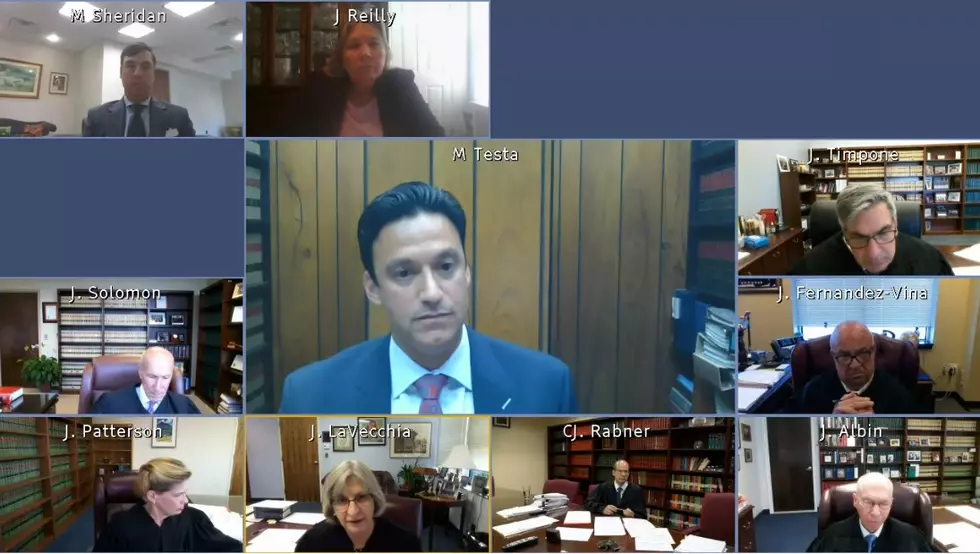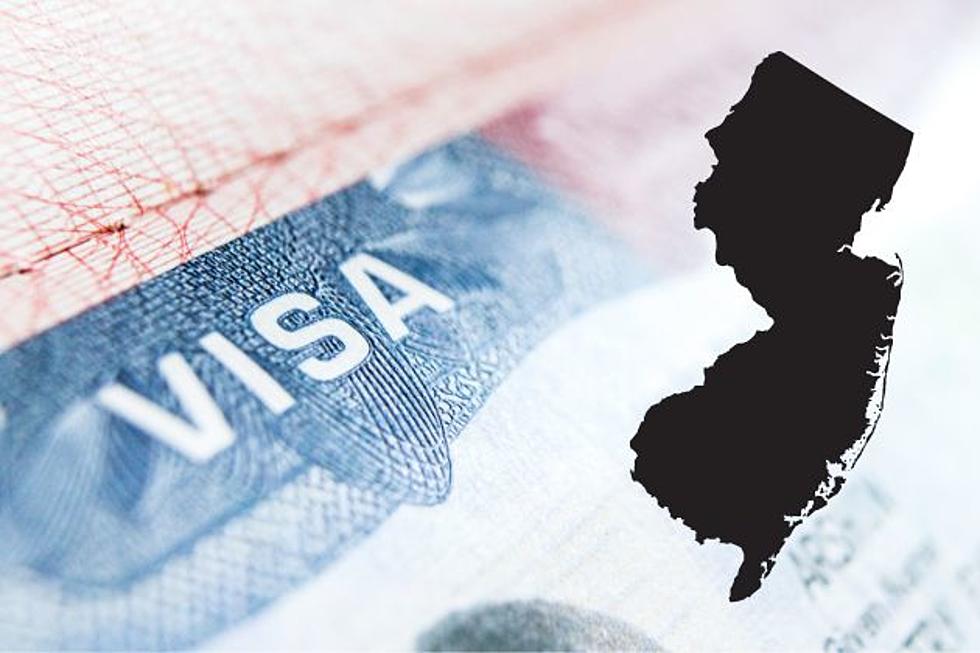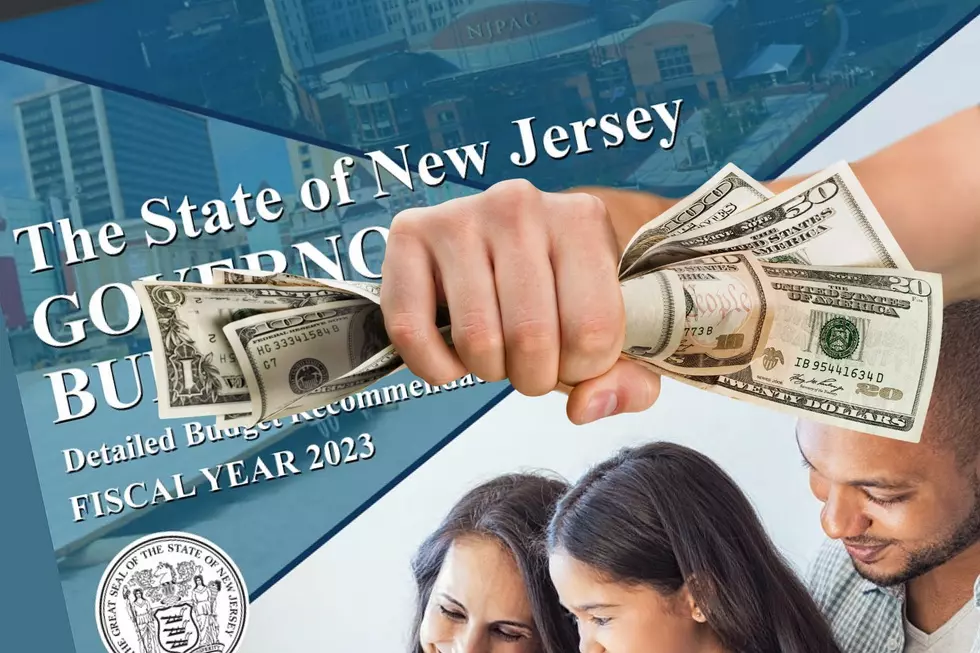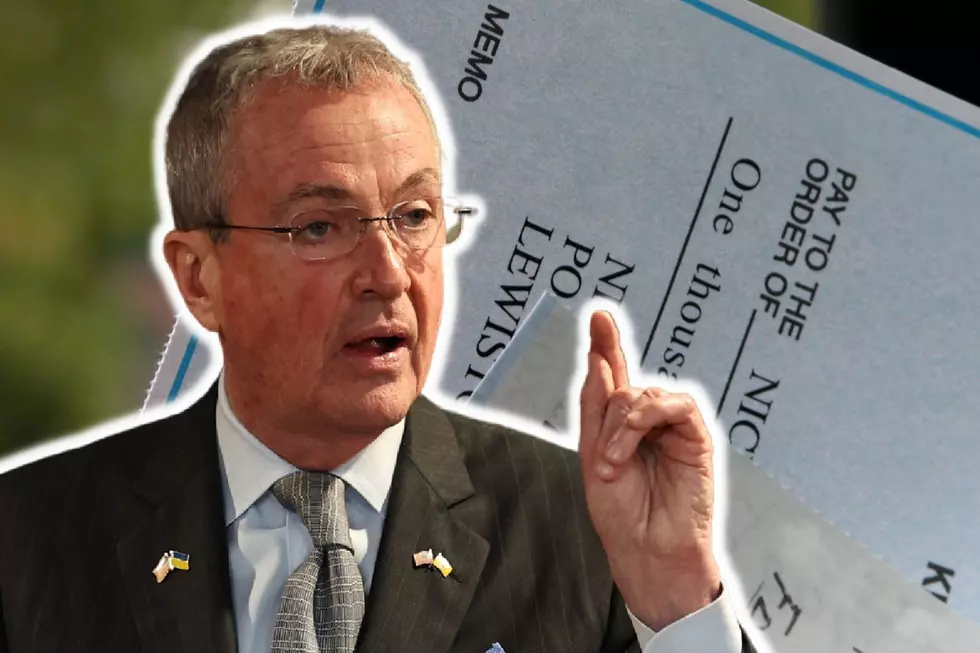
NJ Supreme Court weighs legality of $10B in budget borrowing
The state Supreme Court heard arguments Wednesday in the case that will determine how the state balances its budget over the next year – and whether it can do so by adding nearly $10 billion in debt it could be repaying until mid-century.
At issue is a new law that gives Gov. Phil Murphy’s administration permission to borrow up to $9.9 billion, either through the Federal Reserve or the sale of long-term bonds, to make up for tax revenue losses brought on by the economic shutdown imposed in response to the novel coronavirus.
Without the borrowing, the state would have to cut spending on its operations, grants and aid by billions of dollars or raise taxes significantly to close the gap. Critics of the borrowing say it would likely cause tax increases, too, for hundreds of millions a year in repayments that could extend 35 years.
The state constitution has a "debt limitation clause" that limits long-term debt to 1% of the state budget, unless it’s approved by voters. The state could borrow as much as 25% of what it will spend. However, that limit includes exceptions for debt created due to war, invasion, insurrection or “to meet an emergency caused by disaster or act of God.”
One paragraph earlier, though, the constitution also has an "appropriations clause" that says spending cannot exceed the total amount of revenue on hand and anticipated – and a 2004 ruling from the state Supreme Court determined that bond proceeds could no longer be considered revenue.
“Given that the framers included an emergency provision in the debt limitation clause, they must have intended for the bond proceeds to be spent,” Deputy Attorney General Jean Reilly said.
Reilly said the COVID-19 disaster is causing the fiscal emergency because the shutdown needed to tamp down the pandemic caused the economic disruption and plunging tax collections.
“This isn’t a burden that the state imposes lightly, but the alternative — not borrowing and imposing devastating cuts, as the treasurer called them — is to visit upon future generations a far more grievous legacy, namely the indelible imprint of a generation or more lost to poverty and unemployment,” Reilly said. “The pandemic exists, and future generations will not escape unscathed. The question is whether they will pay in monetary terms or in far more existential.”
Results of state tax collections for July, including the all-important delayed tax filing deadline, won’t be announced until Murphy proposes the 2021 state budget on Aug. 25. Reilly said “there’s no final word on that” but that income taxes are down while the sales tax is up a little.
“The numbers are severe, and we’re not at the point where they’re going to just magically sort of get completely better over the next couple of months,” Reilly said.
Sen. Michael Testa, R-Cumberland, argued the case for the New Jersey Republican State Committee. He said that while the coronavirus pandemic and its impact on the current 2020 budget couldn’t have been anticipated, “the possible fiscal damage that can be done” to the next budget is not an emergency.
“The framers did not intend to give the state a blank check whenever an unspecified emergency arises,” said Testa, who said the borrowing law that allows the revenues can be used “essentially for anything that’s well outside the issues specifically related to the COVID-19 pandemic.”
“I’m interpreting the constitution as it is written in the plain and unambiguous language,” he said. “Obviously, I believe that the constitution is not a suicide pact. I agree with Ms. Reilly in her statement, in her brief that the constitution is not a suicide pact. But we cannot render its content null and void.”
Attorney Mark Sheridan, who was representing 2021 gubernatorial candidate Jack Ciattarelli, and Testa said borrowing to pay for unforeseen emergency expenses would be allowed but not to cover a revenue shortfall.
“If you have an anticipated expenditure that you wish to make and you don’t have the funds for, you can go to the voters and request that they approve it,” Sheridan said. “You have to specifically identify it and then you can request that they approve it. And if they do, you can spend on that issue.”
The justices asked pointed questions of both sides, as is common.
Two of them – Justices Jaynee LaVecchia and Anne Patterson – asked whether it’s fair to think the framers of the state’s 1947 constitution, having just observed and survived the Great Depression, would have wanted to tie the hands of the Legislature by restricting its flexibility to respond to a massive crisis.
But justices also questioned whether the funds can be borrowed with limits on how they’re spent.

Associate Justice Barry Albin, the court’s most stalwart liberal, suggested that the fiscal emergency was caused by the pandemic – that the public health crisis, economic crisis and government fiscal crisis are intertwined.
“It’s clear that if this doesn’t constitute a disaster, under paragraph 3(e), then nothing does,” Albin said. “A once-in-a-century pandemic that has killed 15,000 of our citizens and continues to kill them, has shut down the entire state. If this doesn’t fit into that category, nothing does.”
Michael Symons is State House bureau chief for New Jersey 101.5. Contact him at michael.symons@townsquaremedia.com.
CHECK OUT: Damage from Isaias in New Jersey
More From New Jersey 101.5 FM









